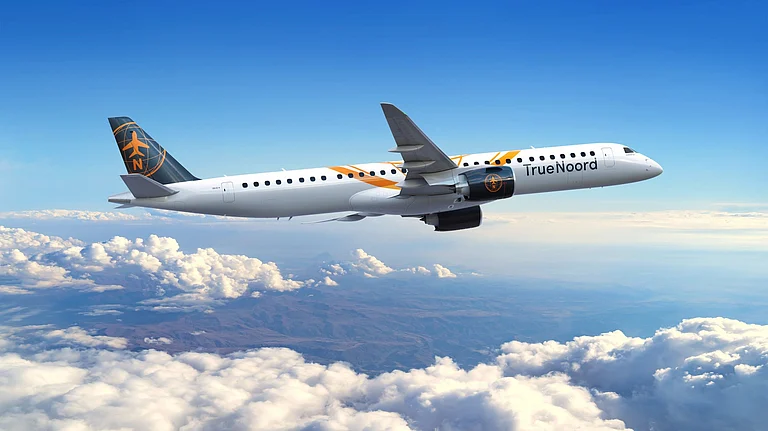Adani Group has planned to diversify its airport business and expand its retail business from airports to highways and malls in a phased manner. The port-to-power conglomerate intends to expand from around 50 stores this year to nearly 310 next year, according to the Economic Times. This comes at a time when the billionaire Gautam Adani-led conglomerate is eyeing to increase its revenue stream beyond non-aeronautical sources from the airport venture.
“Our aim in the domestic side is to take over the entire airport business and run the entire retail operations ourselves over a period of time as the concession gets over for existing players,” Gaurav Singh told the Economic Times. Singh is the chief executive of Adani Airport and Ospree. The port-to-power conglomerate has planned to increase the number of stores from 50 in 2025 to 310 by next year, consisting of 270 retail stores and 40 food & beverage industry, Singh added.
With this expansion spree, the power-to-port conglomerate will compete against other FMCG giants, including Tata Group’s ITC, Reliance, Dabur and Hindustan Unilever, who are already dominant players in the F&B industry.
The expansion comes at a time when India’s aviation-fueled infrastructure is booming, with 43 new airports to be added by 2025, and around 200 more are in the pipeline for the next 20 years. Adani Group’s airport arm Adani Airport currently manages eight airports including seven operational- Ahmedabad, Mangaluru, Lucknow, Jaipur, Guwahati, Thiruvananthapuram and Mumbai International Airport.
India’s F&B market, which stood around $332 billion in 2023, is estimated to touch $691.47 billion by 2030 at 11.05% CAGR, according to Maximize Market Research’s report. The demand for the F&B industry is also driven by India’s increasing young population.
“With India’s population skewed towards younger consumers, the majority of Indian consumption of food and beverages is driven by people between the ages of 18 and 40, which opens opportunities for manufacturers,” the report stated.
Moreover, the Indian snack market is expected to increase from Rs 42,694.9 crore in 2023 to Rs 95,521.8 crore by 2032, according to IMARC’s report. The study also highlighted that changing lifestyles, rapid urbanisation and increasing disposable incomes are the drivers of growth.
































